Zuwena who once worked in Oman, says despite the good salary, she would never return there because of denial of freedom.
The Minister of External Relations and International Cooperation has said Burundi has sufficient legal tools for the police and justice to discourage human trafficking. During a Q&A session with the Senate on Thursday, Alain Aimé Nyamitwe, was asked what should be done to prevent the recurrence of cases of Burundians, especially females being trafficked to the Middle East.
He replied that the country already has sufficient instruments and legal texts to address the issue and international commitments to fulfill. The question is “what do we make of those instruments and what do the police and justice do?” he wonders.
Reports of Burundian female trafficking to Saudi Arabia and Oman have been an increasingly worrying issue for Burundian rights defenders in recent days. Girls who have been trafficked to the two Golf countries from 2015 under the promise of job offers have seen their rights badly abused. Figures provided by human rights organisations show that between 500 and 3000 girls were trafficked between 2015 and 2016.
During the Q&A, Nyamitwe said some of the females are “used for less moral ends that I cannot utter here”. According totestimonies received by rights organisations, the females are subjected to overwork, refused any right to move or return home, sexually exploited by their bosses and the likes. One girl working in Oman said in 2016, “I have seen a girl who went mad because of overwork. She ended up dying in the street. I don’t know whether her body has been brought back home”.
Human rights defenders have alleged that some Burundi authorities, mainly members of the ruling party, were involved in the traffic.The party has denied the allegations. Other allegations, also dismissed, involve the police in issuing travel papers to the victims.
Despite the availability of tools to fight against the traffic, Nyamitwe said “we should not forget that the traffickers have much money and use it to obstruct justice”.
Iwacu unsuccessfully attempted to contact the spokespersons for the police and the Supreme Court to express themselves over the matter this Friday.

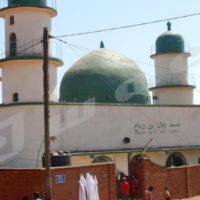
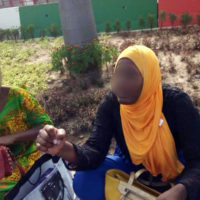
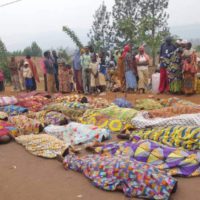
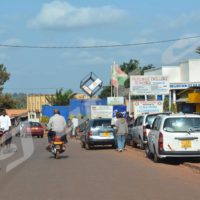
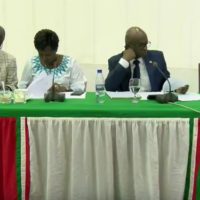













 IWACU Open Data
IWACU Open Data

